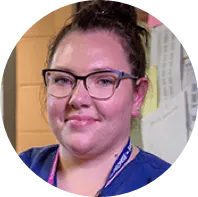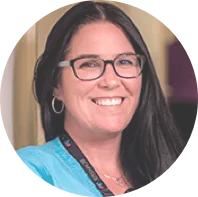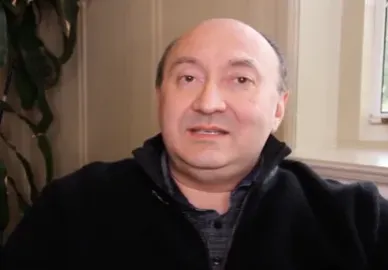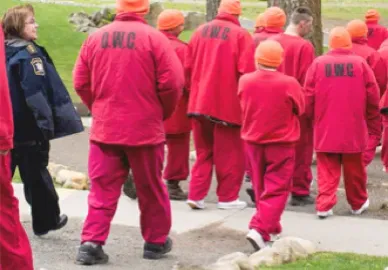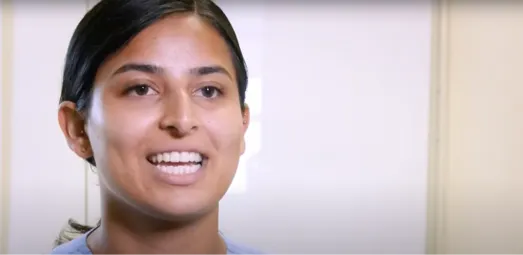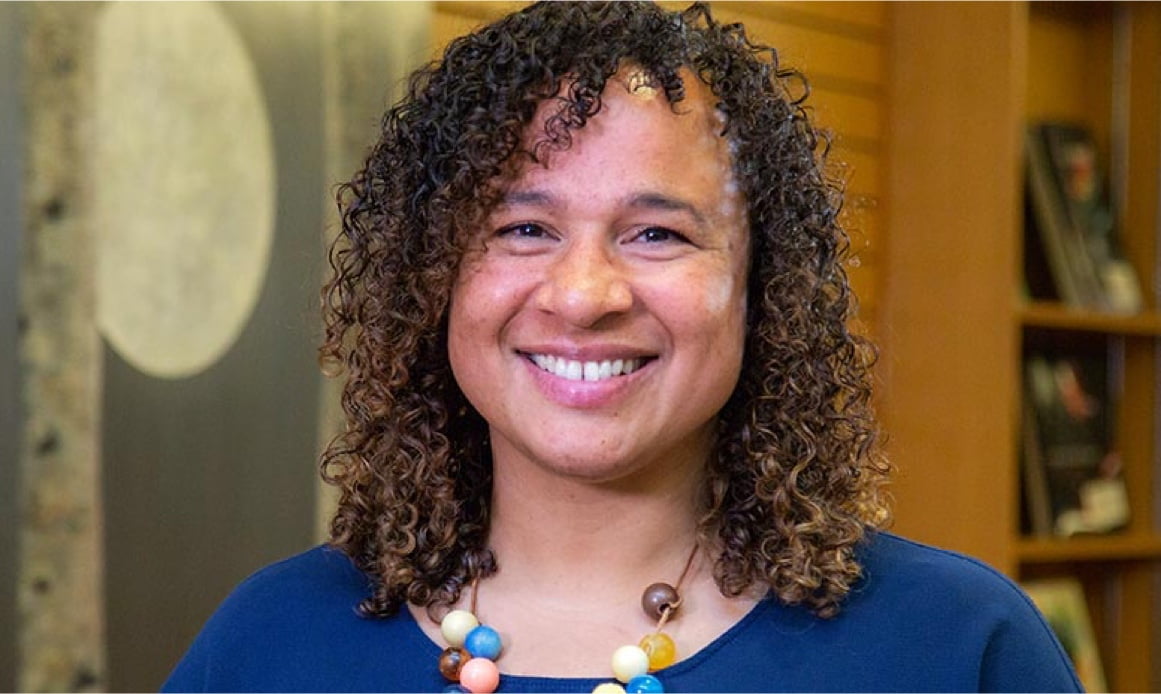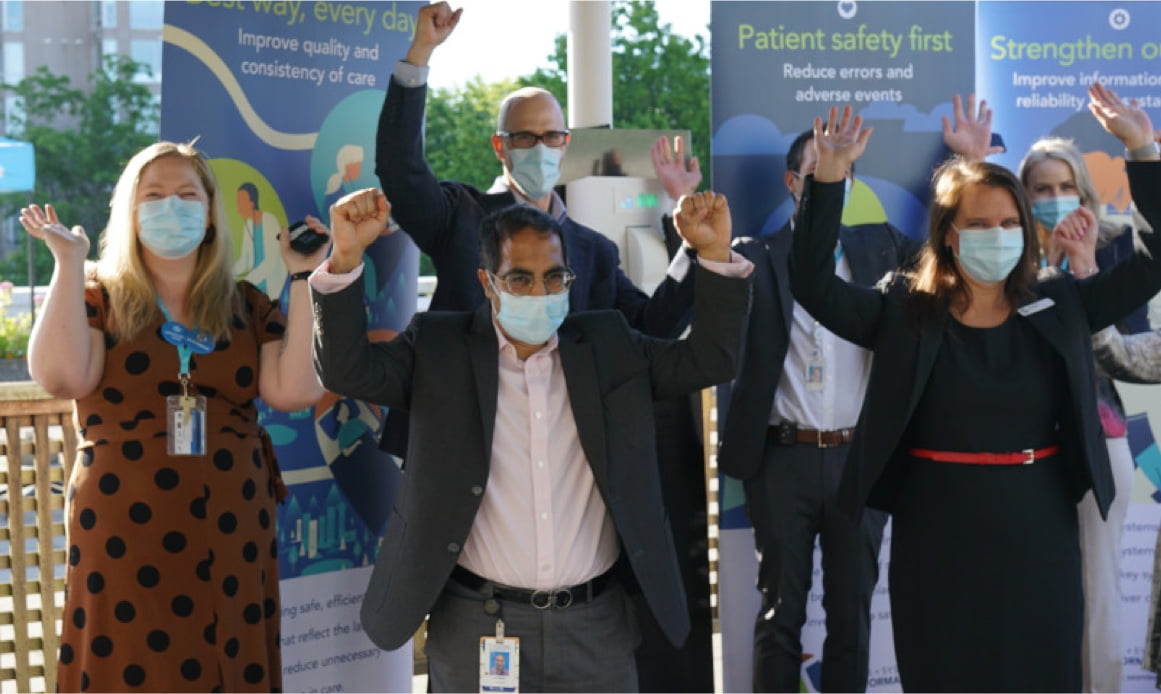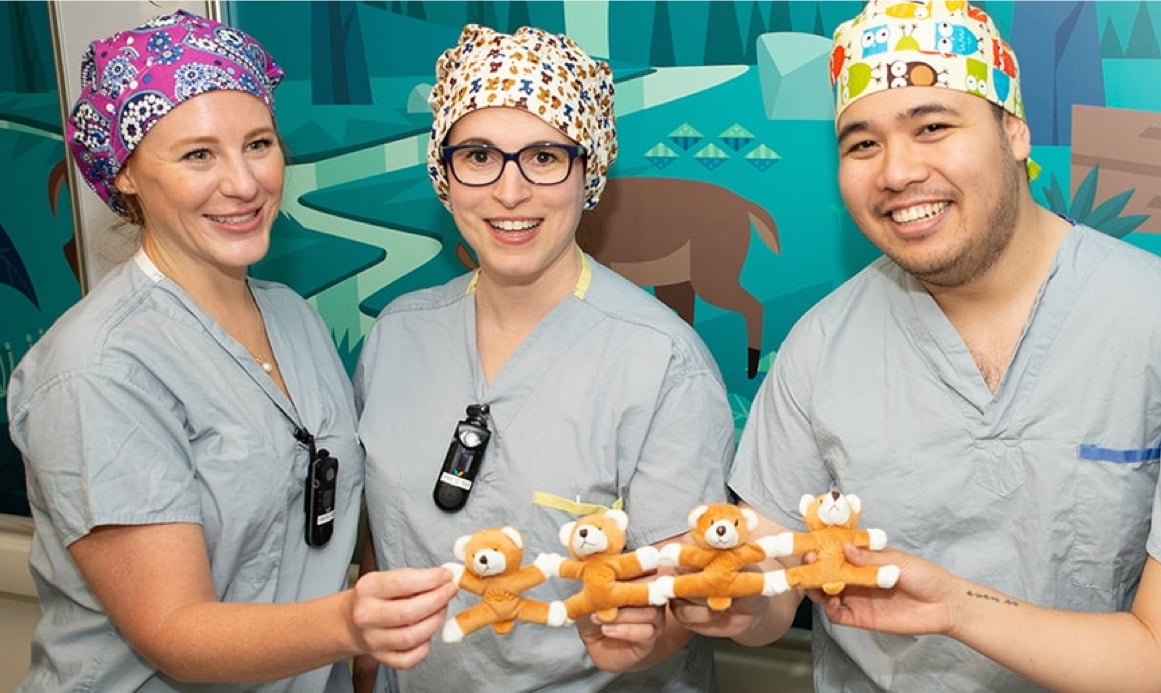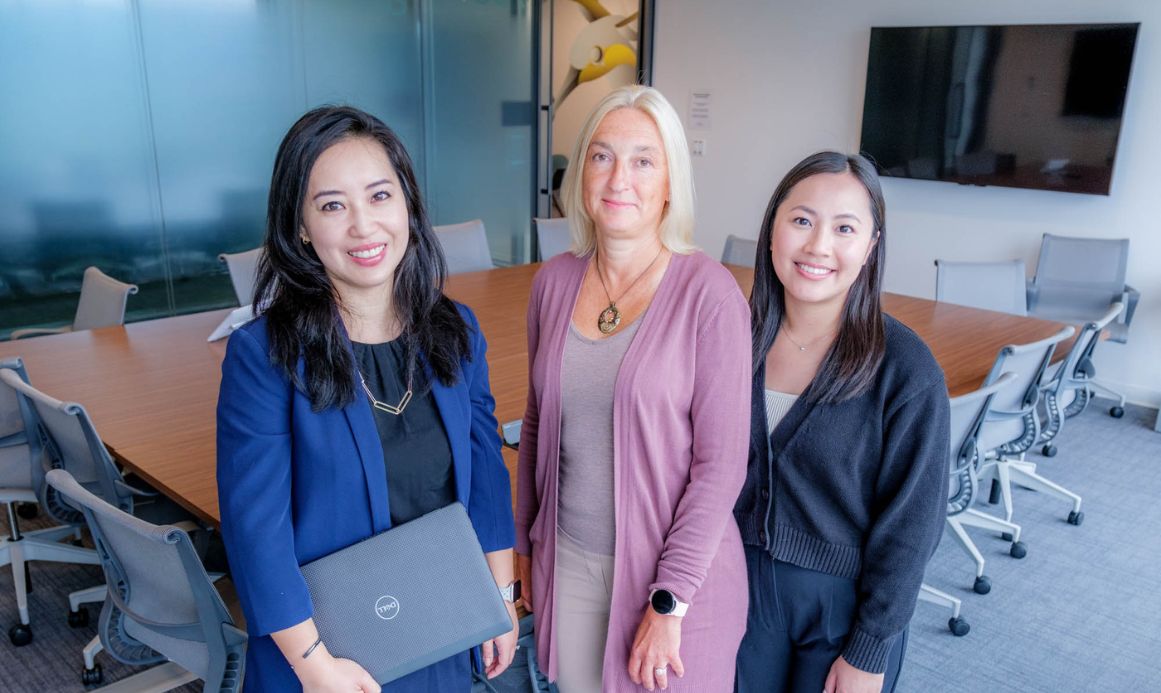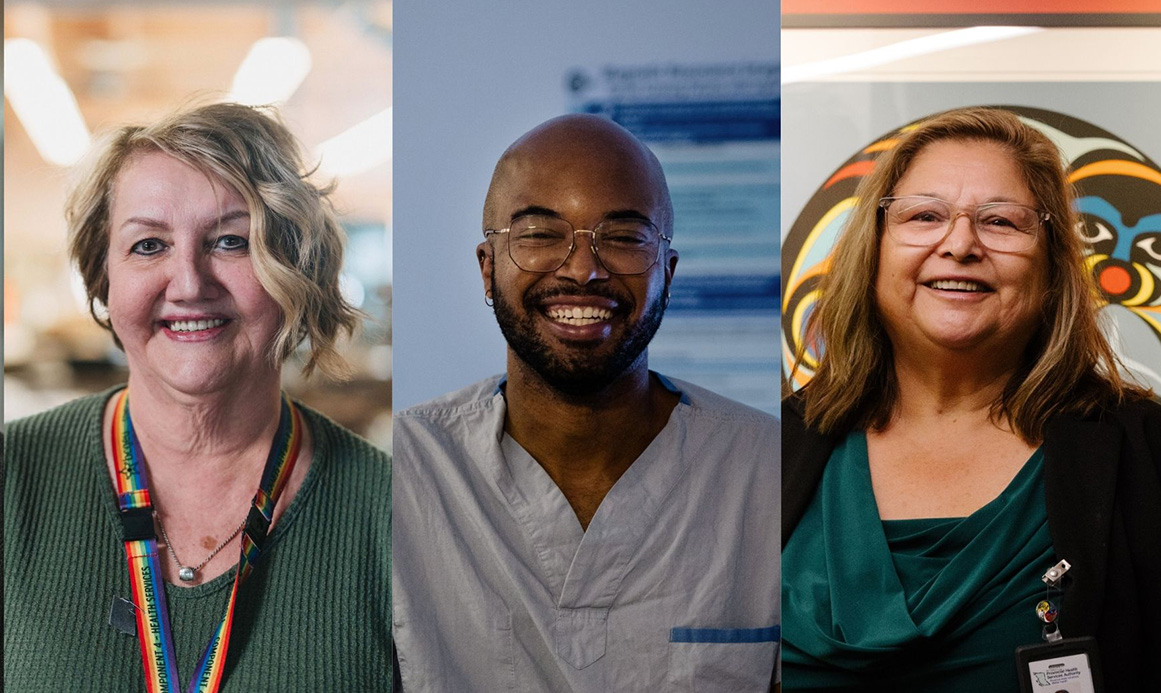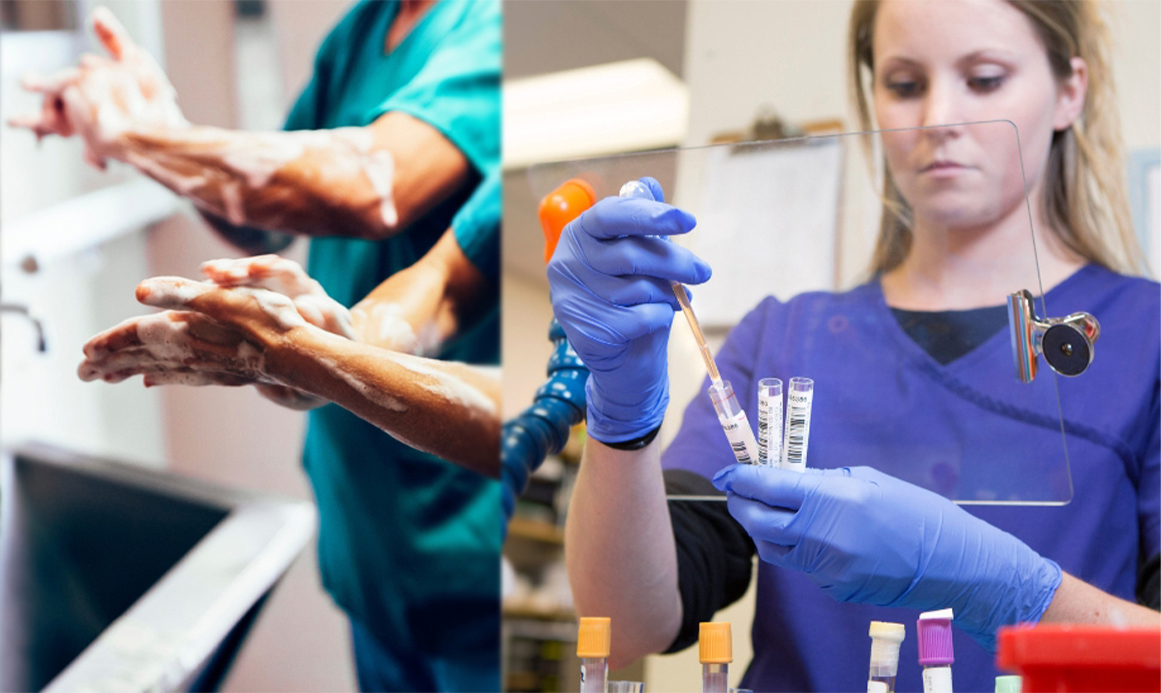Indigenous Concurrent Disorders Counsellor, Surrey Pretrial Services Centre (SPSC), Surrey BC - Correctional Health Services
Surrey, Canada
Overview
Working within Correctional Health Services, you will provide trauma-informed care to clients presenting with a wide variety and complexity of acute and chronic illnesses/diseases, including communicable diseases, substance dependency, and mental health and general health issues. You will be a member of an interdisciplinary, collaborative health care team, liaising with other health care professionals, clients, family members, and community agencies to provide clients with safe and effective care. Be part of a team where you can live and work in your community, positively influence an incarcerated individual’s journey down a new path, and see the difference you can make as you serve the diverse populations of the BC Corrections system.
-
Job Type: Full-Time, Part-Time, Temporary, Casual, Contractor
-
Job Level: Entry, Mid, Senior
- Travel: Minimal
Success Profile
What does it take to be successful working in Correctional Health Services at PHSA? Check out the top traits we’re looking for and see if you have the right mix.
- Achiever
- Confident
- Detail-oriented
- Good Listener
- Team Player
- Trustworthy
About Correctional Health Services
Correctional Health Services (CHS), part of BC Mental Health & Substance Use Services (BCMHSUS), a program of the Provincial Health Services Authority (PHSA), is an integral part of British Columbia’s health care system. CHS provides health services at the 10 provincial correctional centres. PHSA is mandated to improve the quality and continuity of care for clients across the province during their time in correctional facilities and as they reintegrate into the community. This will help to improve access to primary health care, as well as mental health and substance use support for inmates; key needs that have been identified not just in BC, but internationally.

Benefits
Benefits vary by job type and are confirmed in the interview and hiring process.
-
Healthcare
Extended Health and Dental Benefits
-
Continuing Education
Access to More than 2.000 in-house training programs
-
Relocation Reimbursement
Relocation support for out-of-province hires
-
Collaboration
Work with individuals bringing expertise from a variety of backgrounds
-
Variety
Opportunity to work across multiple roles, such as clinic nurse and mental health & substance use nurse roles.
-
Compensation
Equitable hourly rates in accordance with collective agreements
Job Details
Indigenous Concurrent Disorders Counsellor, Surrey Pretrial Services Centre (SPSC), Surrey BC - Correctional Health Services Surrey, CanadaIndigenous Concurrent Disorders Counsellor
BC Mental Health & Substance Use Services
Surrey, BC
Pursuant to section 42 of the British Columbia Human Rights Code, preference will be given to applicants of Indigenous Ancestry.
What you’ll do
- Conduct intake and comprehensive psychosocial, social and concurrent disorder assessments of adults experiencing severe psychiatric and behavioural difficulties who have been referred by Correctional Health Services (CHS) to determine current level of functioning and areas of strengths and deficits by methods such as utilizing best practices, evidence based practices and the principles of harm reduction; interviewing patients to identify their developmental history and their perception of level of social functioning and problems; analyzing and interpreting data from established assessment tools; identifying client needs, formulating treatment goals and barriers to treatment; preparing a written assessment, recommendations and information related to diagnosis, mental state and treatment plans; and preparing ongoing written assessments of patient progress regarding recommendation for return to the client’s sending facility or for release.
- Advocate for and provides short-term counselling to patients and families concerning emotional and practical problems; facilitate direct concurrent disorders treatment, group programs and participate in the development of groups, to meet the needs of Indigenous patients and families according to a variety of theoretical models; establishing and maintaining therapeutic relationships based on respect; developing and providing psychosocial group programs targeting specific areas of psychological and social functioning including social skills, anger management, coping skills, assertiveness training, and self-esteem; and probing reasons for substance use and addiction; eliciting patients concerns; exploring emotional response to substance use and addiction, identifying goals and expectations, reviewing client and family learning needs, assisting with understanding of illness, suggesting positive behavior modifications; examining motivations for change; and teaching relapse prevention strategies and insight oriented group counselling.
- Provide culturally appropriate education to clients and their families with a focus on those who identify as Indigenous, in accordance with theoretical models grounded in evidence-based practice, by exploring identified problems that may have resulted in substance use and mental health symptoms; identifying goals, expectations, and support resources; assisting with understanding of mental health and substance use issues, the interaction of both, and the recovery process; suggesting positive behaviour modifications; examining motivations for change; and, teaching relapse prevention strategies.
- Provide guidance to, and integrates within, an interdisciplinary team. Impart an Indigenous perspective & clinical expertise, with other members of the team, through collegial sharing of information such as provision of services within the context of an Indigenous health care perspective.
- Maintain concise and accurate documentation of relevant information on patient files in accordance with PHSA policy standards and in compliance with professional and legal requirements to provide evidence and rationale to support findings and treatment plans. Provide written reports and treatment summaries as per PHSA policy, standards, and guidelines.
- Act as a liaison service between community agencies and care providers to support patients’ and families’ navigating care services. Respond to the service needs identified by patients and their families and makes appropriate referrals, or develop alternate strategies for patient support, education, and follow-up care.
- Work in collaboration with other disciplines to develop and maintain a list of relevant community referral services.
What you bring
Qualifications
- Master’s degree in a relevant social science discipline, such as Social Work, Counselling Psychology or Clinical Psychology.
- Minimum of two (2) years’ recent, related experience working with Indigenous patients within an interdisciplinary setting that includes experience with individual and family counseling, concurrent disorders in a health care setting, group work, program and community development, or an equivalent combination of education, training, and experience.
- Demonstrate comprehensive knowledge of the historic and ongoing impacts of settler colonialism and systemic racism on Indigenous Peoples within social and health contexts. This includes understanding how these factors contribute to current health disparities and barriers to care. Show a clear commitment to identifying, challenging, and eradicating Indigenous-specific racism and all forms of discrimination impacting equity-deserving groups within healthcare settings. This involves recognizing personal biases, institutional barriers, engaging in anti-racism education and training and advocating for systemic change.
- Demonstrated knowledge and understanding of legislative obligations and provincial commitments within BC Mental Health & Substance Use Services contexts found in the foundational documents including Truth & Reconciliation Commission’s Calls to Action (2015), In Plain Sight (2020), BC's Declaration on the Rights of Indigenous Peoples Act (2019), United Nations Declaration on the Rights of Indigenous Peoples (UNDRIP), Reclaiming Power and Place Missing and Murdered Indigenous Women & Girls Calls for Justice (2019), the Declaration Act Action Plan and Remembering Keegan: A First Nations Case Study, BC Human Rights Code, Anti-racism Data Act and how they intersect across the health care system.
Core Competencies
- Brings an understanding of the Indigenous specific racism and the broader systemic racism that exists in the colonial health care structure, and has demonstrated leadership in breaking down barriers and ensuring an environment of belonging. Embed Indigenous Cultural Safety and Humility into all aspects of work. This means creating an environment where Indigenous patients feel respected, valued, and understood. Foster trust through respectful communication, active listening, and honoring equity-deserving people's perspectives on health and wellness. Commit to ongoing education and training on Indigenous health issues, cultural safety, and DEI principles. Participate in workshops, cultural immersion experiences, and continuous professional development to stay informed and responsive to equity-deserving groups. Provide patient-centred care that respects Indigenous ways of knowing and healing, respects BIPOC experiences and world views ensuring that care plans are culturally relevant and holistic.
- Knowledge of social, economic, political and historical realities of settler colonialism on Indigenous Peoples and familiarity with addressing Indigenous-specific anti-racism, anti-racism and Indigenous Cultural Safety and foundational documents and legislative commitments (The Declaration Act, the Declaration Action Plan, TRC, IPS, Remembering Keegan, etc.).
Skills & Knowledge
- Lived experience with Indigenous populations.
- Demonstrated experience working with Indigenous people and communities, with a strong understanding of Indigenous histories, settler-colonialism, and discrimination, and how it impacts Indigenous people & communities today.
- Broad knowledge of psychopharmacology (indications and side-effects), trauma informed practice, and chronic disease such as HIV and Hepatitis C.
- Knowledge of social, economic, political, and historical realities of settler colonialism on Indigenous Peoples and familiarity with addressing Indigenous-specific anti-racism, anti-racism and Indigenous Cultural Safety and foundational documents and legislative commitments (The Declaration Act, the Declaration Action Plan, TRC, IPS, Remembering Keegan, etc.).
- Broad knowledge of Indigenous community resources and services substance use, trauma, and other mental health services.
- Demonstrated ability to provide competent and culturally safe care in a variety of settings and with diverse populations.
- Demonstrated ability to both practice and lead in a trauma-informed, psychologically safe, anti-racist, patient and family centered manner.
- Demonstrates a commitment to beginning and continuing their personal learning journey related to Indigenous-specific racism and dismantling systems of oppression, as well as addressing racism more broadly. Shows willingness to articulate and share their learning experiences to contribute to a culture of motivation and inspiration among peers.
- Demonstrates foundational knowledge of the social, economic, and political realities of settler-colonialism and its impacts on Indigenous peoples and equity-deserving groups within social and health contexts. Understands the impact of social determinants of health-on-health outcomes. Shows a commitment to learning about and upholding legislative obligations and provincial commitments outlined in foundational documents such as the Truth & Reconciliation Commission’s Calls to Action (2015), In Plain Sight (2020), BC's Declaration on the Rights of Indigenous Peoples Act (2019), United Nations Declaration on the Rights of Indigenous Peoples (UNDRIP), Reclaiming Power and Place: Missing and Murdered Indigenous Women & Girls Calls for Justice (2019), the Declaration Act Action Plan, Remembering Keegan: A First Nations Case Study, the BC Human Rights Code, Anti-Racism Data Act, and the Distinctions Based Approach.
What we bring
Every PHSA employee enables the best possible patient care for our patients and their families. Whether you are providing direct care, conducting research, or making it possible for others to do their work, you impact the lives of British Columbians today and in the future. That’s why we’re focused on your care too – offering health, wellness, development programs to support you – at work and at home.
- Join one of BC’s largest employers with province-wide programs, services and operations – offering vast opportunities for growth, development, and recognition programs that honour the commitment and contribution of all employees.
- Access to professional development opportunities through our in-house training programs, including +2,000 courses, such as our San’yas Indigenous Cultural Safety Training course, or Core Linx for Leadership roles.
- Enjoy a comprehensive benefits package, including municipal pension plan, and psychological health & safety programs and holistic wellness resources.
- Annual statutory holidays (13) with generous vacation entitlement and accruement.
- PHSA is a remote work friendly employer, welcoming flexible work options to support our people (eligibility may vary, depending on position).
- Access to WorkPerks, a premium discount program offering a wide range of local and national discounts on electronics, entertainment, dining, travel, wellness, apparel, and more.
Job Type: Regular, Full-Time
Wage: $42.27 - $52.81 per hour
Closing Date: March 26, 2025
Hours of Work: Monday – Friday; 0730-1530
Requisition # 180155E
What we do
BC Mental Health & Substance Use Services (BCMHSUS) cares for people with complex mental health and substance use challenges.
BCMHSUS program is part of the Provincial Health Services Authority (PHSA).
PHSA plans, manages and evaluates specialized health services with the BC health authorities to provide equitable and cost-effective health care for people throughout the province. Our values reflect our commitment to excellence and include: Respect people – Be compassionate – Dare to innovate – Cultivate partnerships – Serve with purpose.
PHSA and BCMHSUS are committed to employment equity, encouraging all qualified individuals to apply. We recognize that our ability to provide the best care for our diverse patient populations relies on a rich diversity of skills, knowledge, background and experience, and value a safe, inclusive and welcoming environment.
Learn more about PHSA and our programs: jobs.phsa.ca/programs-and-services
PHSA is committed to anti-racism and equity in our hiring and employment practices. With learning and compassion, we are addressing existing inequities and barriers throughout our systems. PHSA is seeking to create a diverse workforce and to establish an inclusive and culturally safe environment. We invite applications and enquiries from all people, particularly those belonging to the historically, systemically, and/or persistently excluded groups identified under the B.C. Human Rights Code.
One of PHSA’s North Star priorities is to eradicate Indigenous-specific racism, which includes ongoing commitments to Indigenous recruitment and employee experience as well as dismantling barriers to health care employment at every level. We welcome Indigenous individuals to apply and/or contact the Sanya’k̓ula Team (Indigenous Recruitment & Employee Experience) for support at indigenous.employment@phsa.ca.
Indigenous-specific anti-racism initiatives are rooted in addressing the unique forms of discrimination, historical and ongoing injustices, and exclusion faced by Indigenous peoples. These initiatives align with an Indigenous rights-based approach, recognizing the inherent rights and title of BC First Nations and self-determination of all First Nations, Inuit and Métis communities. PHSA is mandated to uphold legislative obligations and provincial commitments found in the foundational documents including the Truth & Reconciliation Commission’s Calls to Action (2015), In Plain Sight (2020), BC's Declaration on the Rights of Indigenous Peoples Act (2019), United Nations Declaration on the Rights of Indigenous Peoples (UNDRIP), Reclaiming Power and Place Missing and Murdered Indigenous Women & Girls Calls for Justice (2019), the Declaration Act Action Plan and Remembering Keegan: A First Nations Case Study.
ATTN: PHSA Employees:
To be considered as a PHSA employee (internal applicant) for this position, you must apply online via your internal profile at internaljobs.phsa.ca
Please note the internal job posting will no longer be accessible after the expiry date of March 7, 2025. If the internal job posting has expired, please contact the Internal Jobs Help Desk and advise that you would like to be considered as a late internal applicant for this position. Please do not apply for the external job posting.
If you have not registered your internal profile, a password is required to log in for the first time. To obtain your password, please contact the Internal Jobs Help Desk at 604-875-7264 or 1-855-875-7264. Please note regular business hours are Monday – Friday (excluding stats), 8:30am to 4:30pm. For inquiries outside of regular business hours, please email the Internal Jobs Help Desk at internaljobshelpu@phsa.ca and a Help Desk Representative will contact you the next business day.
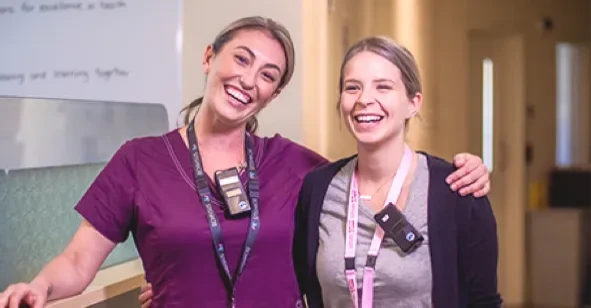
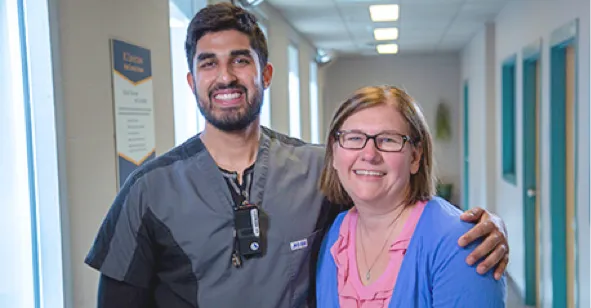
Related Content
-
 Our Programs Explore to find the right program for you at PHSA.
Our Programs Explore to find the right program for you at PHSA. -
 Clinical and Systems Transformations | Careers at PHSA Clinical & Systems Transformation (CST) is a large-scale, multi-year project between Vancouver Coastal Health (VCH), PHSA, and PHC. Learn more here.
Clinical and Systems Transformations | Careers at PHSA Clinical & Systems Transformation (CST) is a large-scale, multi-year project between Vancouver Coastal Health (VCH), PHSA, and PHC. Learn more here. -
 Rewarding Health Care Nursing Careers and Jobs with PHSA Provide specialty nursing in clinical health care and research. Explore careers throughout B.C. with the Provincial Health Services Authority (PHSA).
Rewarding Health Care Nursing Careers and Jobs with PHSA Provide specialty nursing in clinical health care and research. Explore careers throughout B.C. with the Provincial Health Services Authority (PHSA). -
 Indigenous Health Care Jobs and Careers with PHSA Join our thriving Indigenous workforce in a corporate or clinical role. Explore careers in B.C. with the Provincial Health Services Authority (PHSA).
Indigenous Health Care Jobs and Careers with PHSA Join our thriving Indigenous workforce in a corporate or clinical role. Explore careers in B.C. with the Provincial Health Services Authority (PHSA). -
 Physician Careers at PHSA Our PHSA medical leadership team provides care that is among the best in the world, contributing to research that is changing the future of health care.
Physician Careers at PHSA Our PHSA medical leadership team provides care that is among the best in the world, contributing to research that is changing the future of health care. -
 Health Care Correctional Health Services Jobs and Careers With PHSA Correctional Health Services provides exceptional care for incarcerated patients. Join us in a career with Provincial Health Services Authority (PHSA).
Health Care Correctional Health Services Jobs and Careers With PHSA Correctional Health Services provides exceptional care for incarcerated patients. Join us in a career with Provincial Health Services Authority (PHSA). -

-

-
 Talent on Demand Talent on Demand is PHSA’s unique in-house recruitment program offering temporary employment opportunities in health care across British Columbia.
Talent on Demand Talent on Demand is PHSA’s unique in-house recruitment program offering temporary employment opportunities in health care across British Columbia. -
 PHSA recognized as a Top Employer in BC PHSA has been named one of BC's Top Employers for 2024 and 2025, recognizing its commitment to a supportive, enriching workplace. Join our award-winning team—apply today!
PHSA recognized as a Top Employer in BC PHSA has been named one of BC's Top Employers for 2024 and 2025, recognizing its commitment to a supportive, enriching workplace. Join our award-winning team—apply today! -
 Infection Prevention and Control Careers Become a member of the Infection Prevention and Control (IPAC) team and play a critical role in improving patient care by preventing the spread of infections across our health care system.
Infection Prevention and Control Careers Become a member of the Infection Prevention and Control (IPAC) team and play a critical role in improving patient care by preventing the spread of infections across our health care system. -

-

Jobs for You
- Social Worker/Counsellor - Patient and Family Counselling Cancer Care - BC Cancer - Vancouver May. 17, 2025
- Rehabilitation Assistant, Minimum and Medium Security Units, Forensic Psychiatric Services - BC Mental Health & Substance Use Services Coquitlam, BC May. 17, 2025
- Registered Nurse (RN), Oncology Chemo - BC Cancer Victoria May. 17, 2025
You have not recently viewed any jobs
You have not saved any jobs




